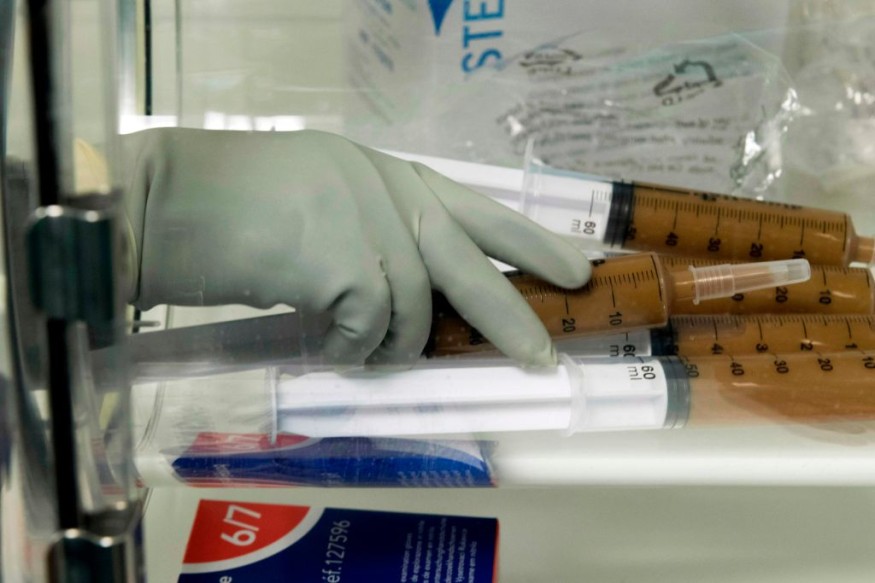Gut bacteria or the gut microbiota are microorganisms that lives inside the digestive tracts of vertebrate animals, including humans and insects. Also called the 'gut flora' or 'gut microbiome,' previous research show the gut bacterium can influence the mood and even the overall health of its host. However, ongoing contestations revolve around the role of bacteria when it comes fighting diseases.
While native gut bacteria, which are already adapted to its environment, have been accustomed to breaking down food, process vitamins, and train our immune system. Yet, scientists have perceived its relative failure when it comes to preventing and mitigating diseases. In the past, there were attempts to introduce engineered Escherichia coli (E. coli) bacteria, which cannot compete to their native counterparts.
Currently, scientists in a new study have successfully developed a genetically engineered bacteria version of E. coli, collected from both gut microbiota of humans and mice. The said samples have been reported to have the potential to treat chronic diseases, including diabetes. Still, the scientific team remains cautious as the notorious pathogen still has a long way to adjust to the harsh gut environment.
What are Gut Bacteria?

For a number of years, we have thought that bacteria are organisms that should be avoided. However, it turned out that our body already consists of trillions of bacteria, responsible not only for digesting the food we eat but also playing a crucial role in our well-being, according to WebMD.
Various research suggests our gut bacteria are linked to diabetes, depression, colon cancer, and depression, as cited by the online health content publisher. Made up of 300 to 500 different kinds of bacterial species, the gut flora consists of 2 million genes, paired with other pathogenic microorganisms like viruses and fungi.
Genetically Engineered Bacteria
In the new study published in the journal Cell on August 4, a research team from the University of California, San Diego have managed to genetically engineered E. Coli to stay longer enough to treat or even potentially cure diseases linked to the gut microbiome.
The team was able to achieve this by collective stool samples from its host and implemented further modifications such as by giving the protein called bile salt hydrolase (BSH). When it comes to mice, the researchers found BSH activity positively influenced diabetes progression inside the mammal.
According to Amir Zarrinpar, a senior researcher of the paper and gastroenterologist at the university, the study has engineered the bacteria to become factories that can live in our microbiome and possibly produce medicines, as cited by Science Daily.
Bacteria and Diseases
While there is still a grey area between the relationship between gut bacteria and diseases, researchers at Johns Hopkins Medicine are figuring out how different diseases changes the composition of the gut, as well as how our immune system interacts with the microorganisms.
Diseases being looked at in connected with studying the gut microbiota include tuberculosis and the inflammatory bowel disease, Johns Hopkins Medicine adds.
© 2025 NatureWorldNews.com All rights reserved. Do not reproduce without permission.





